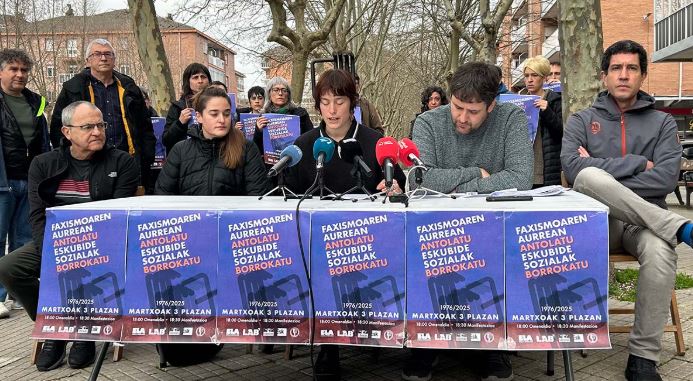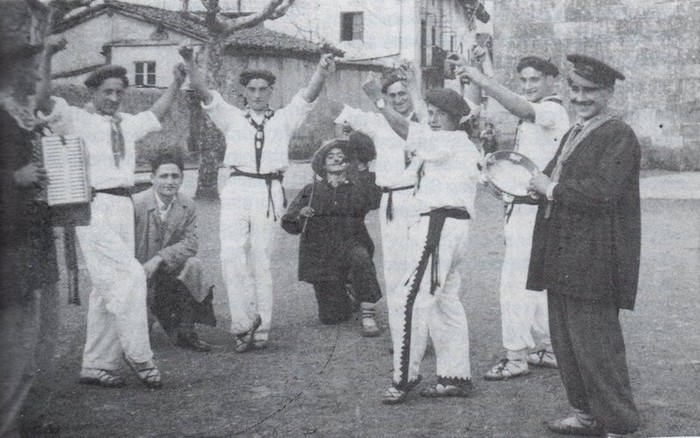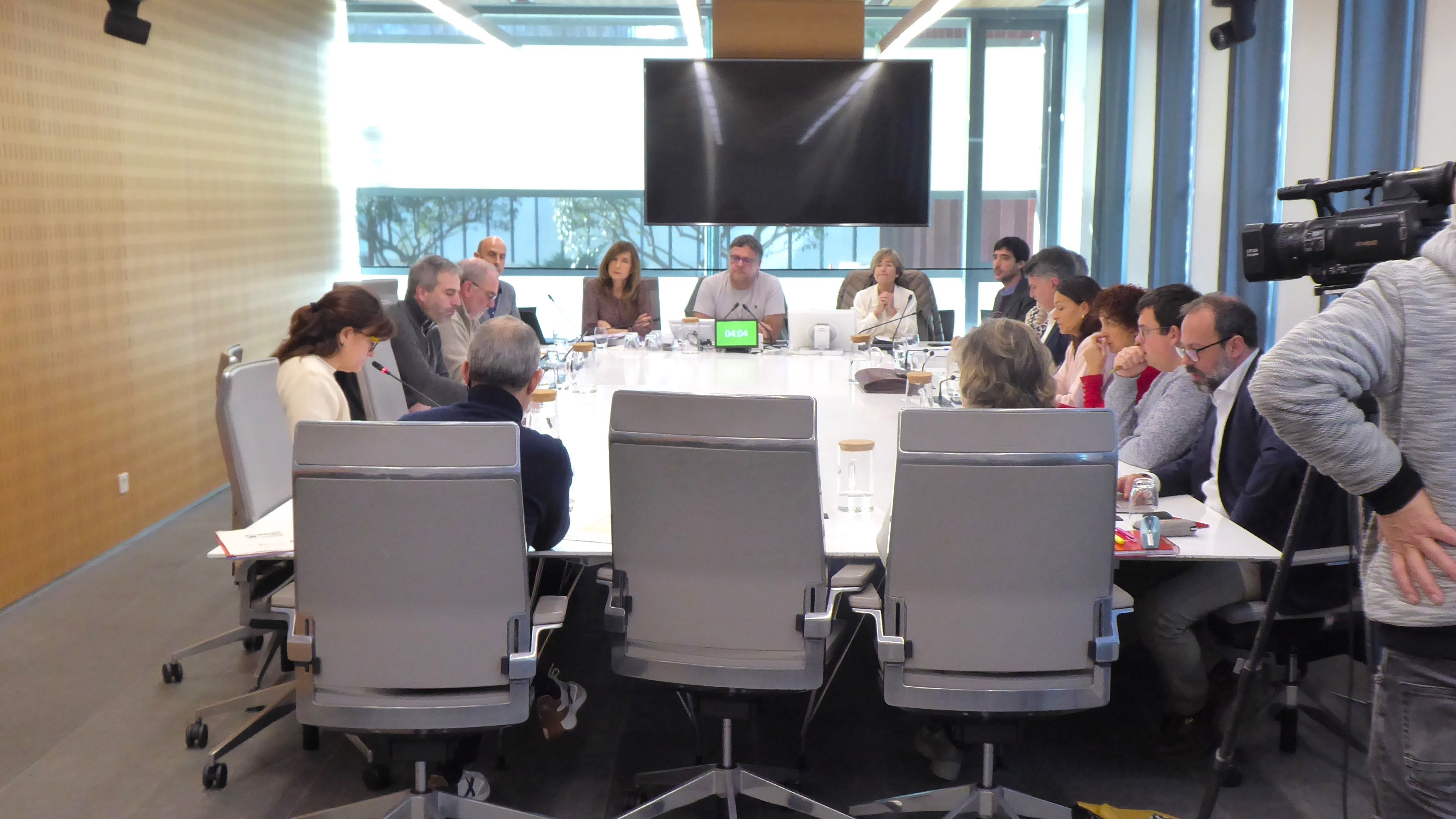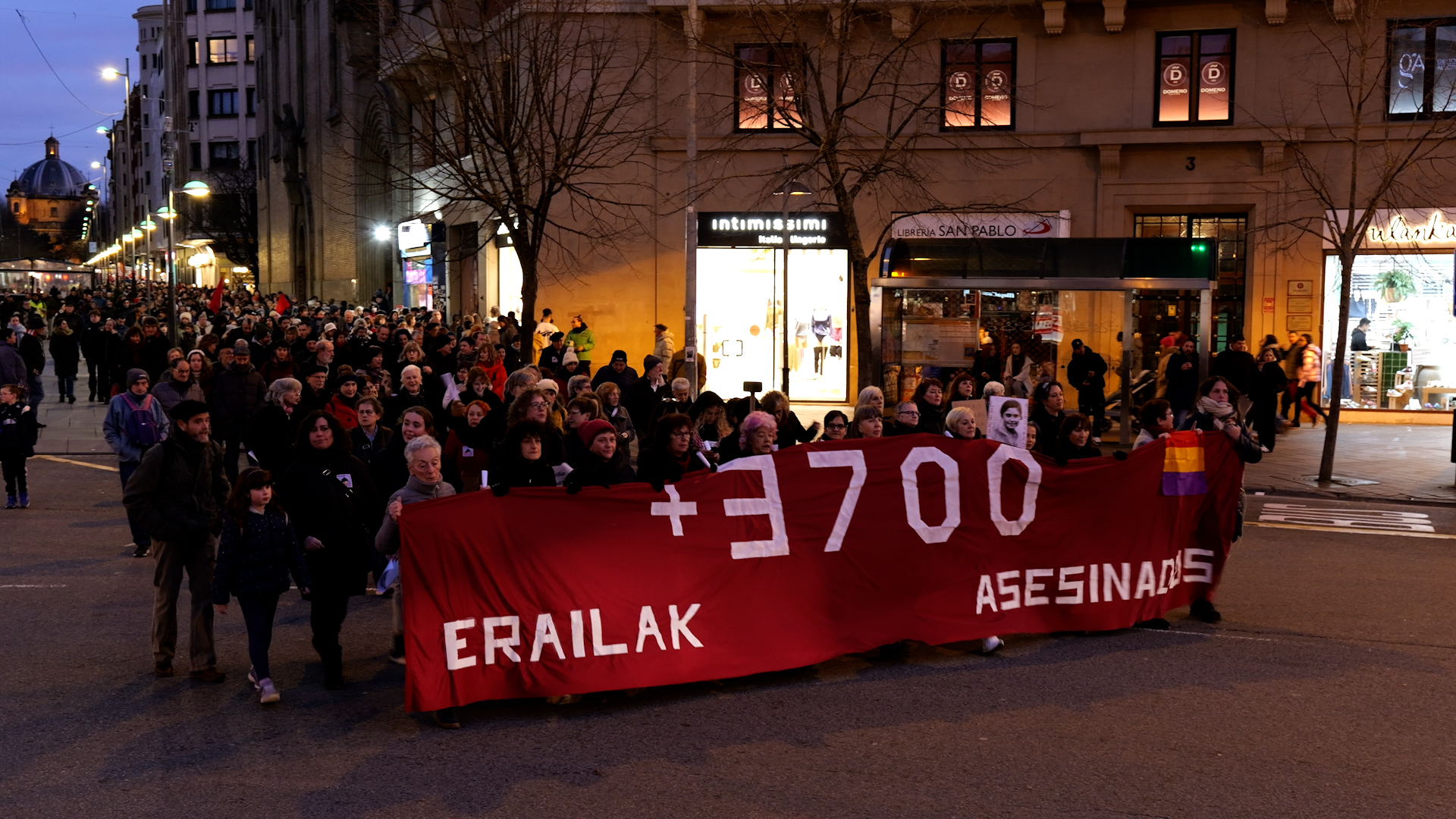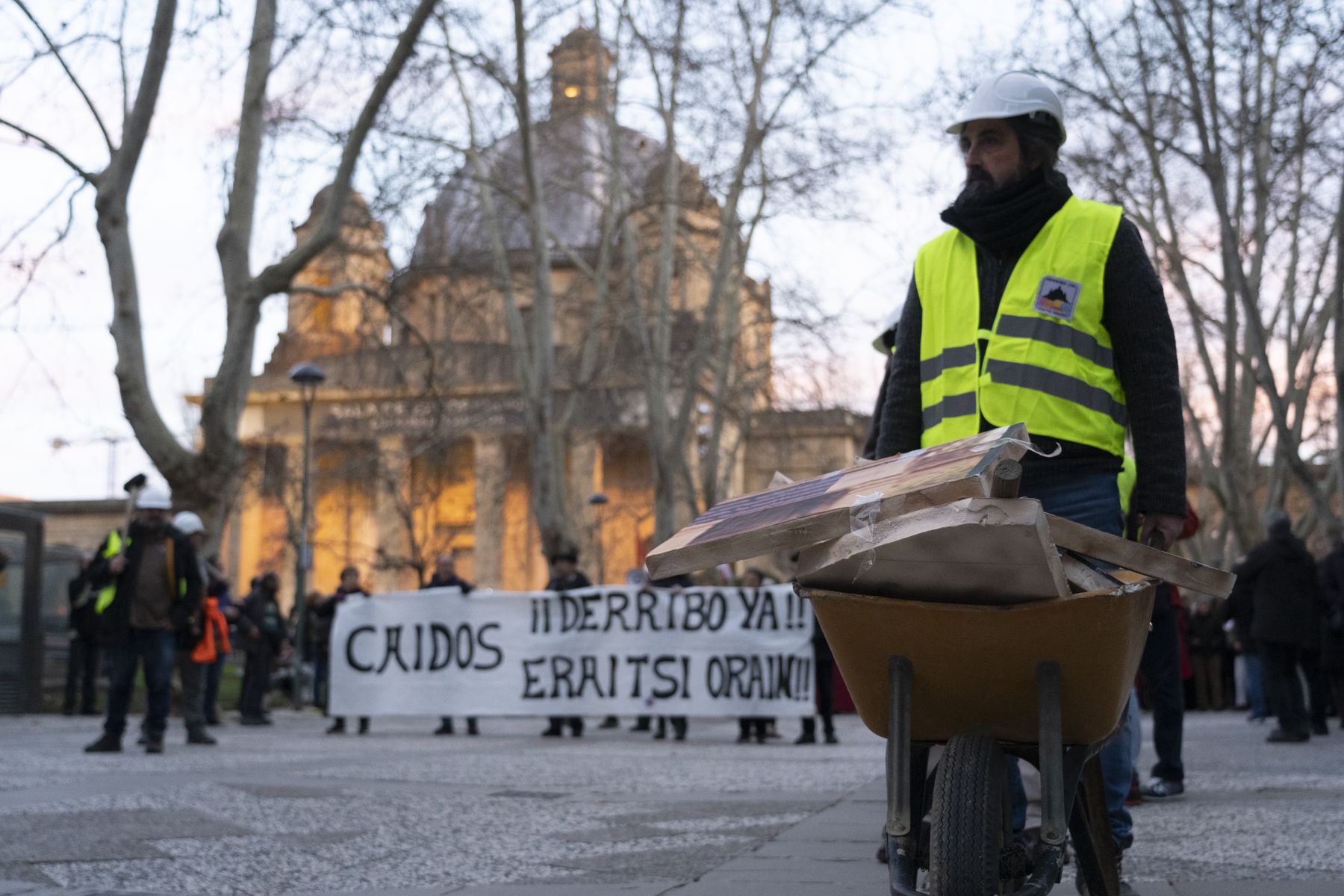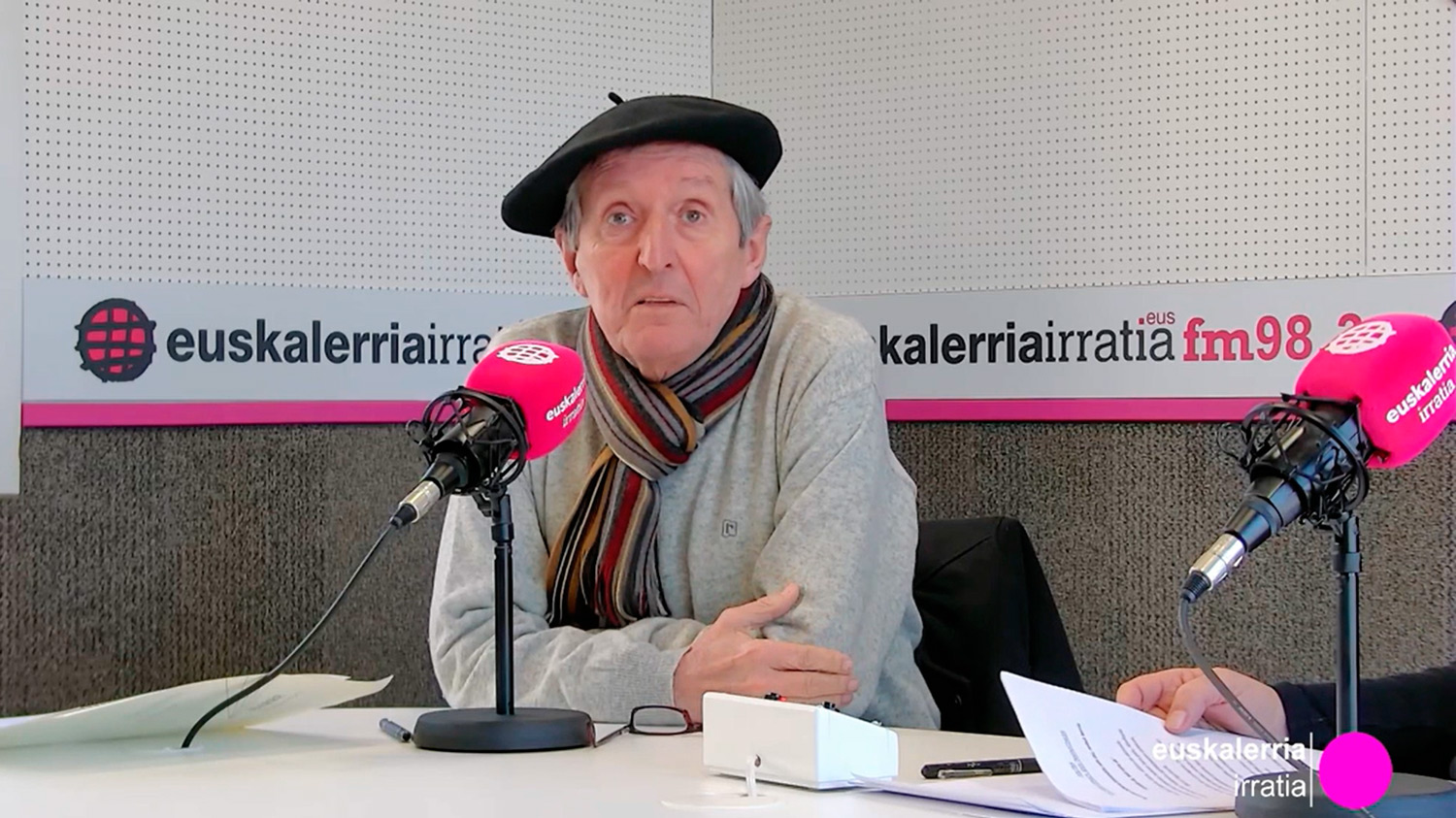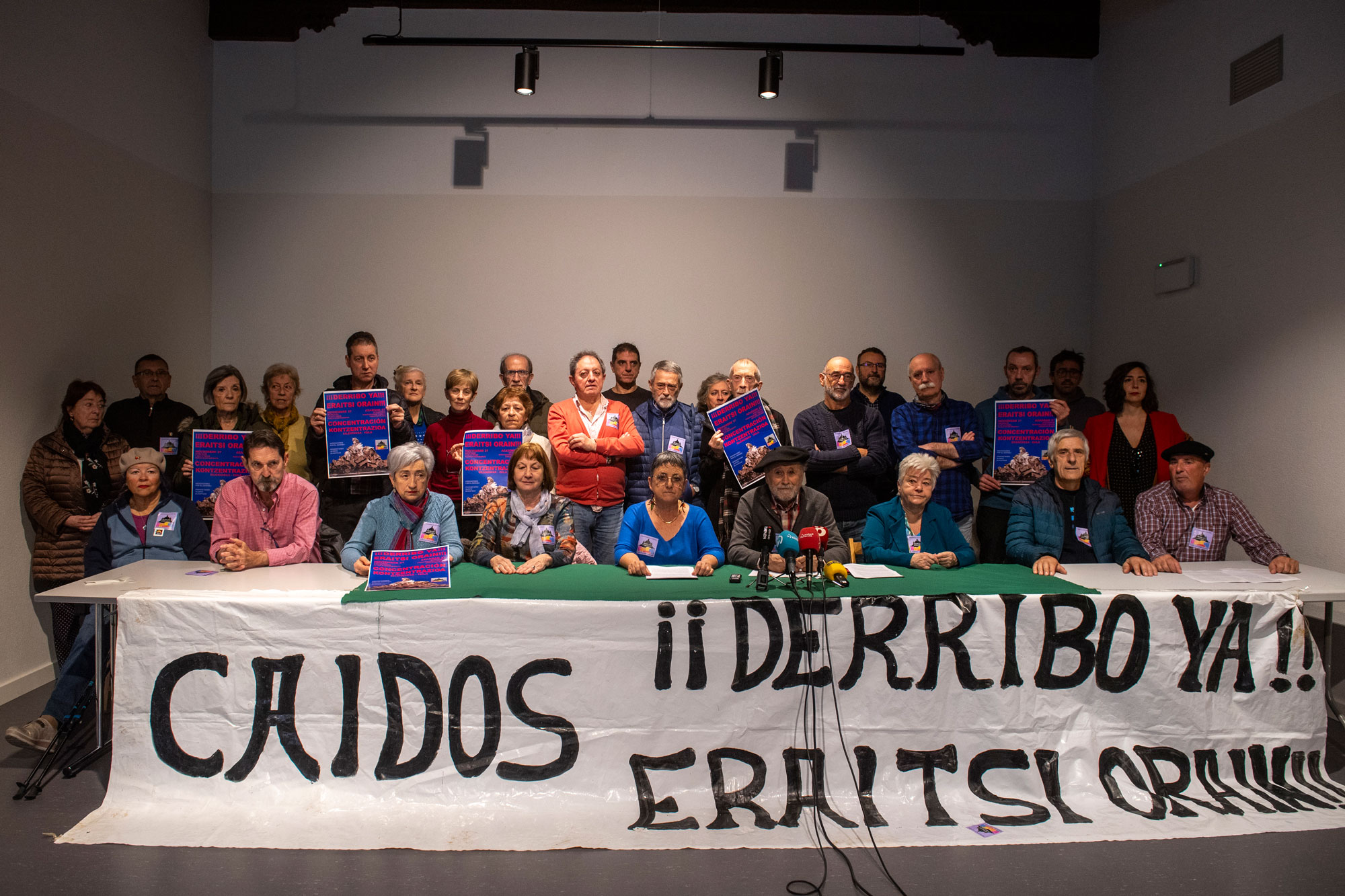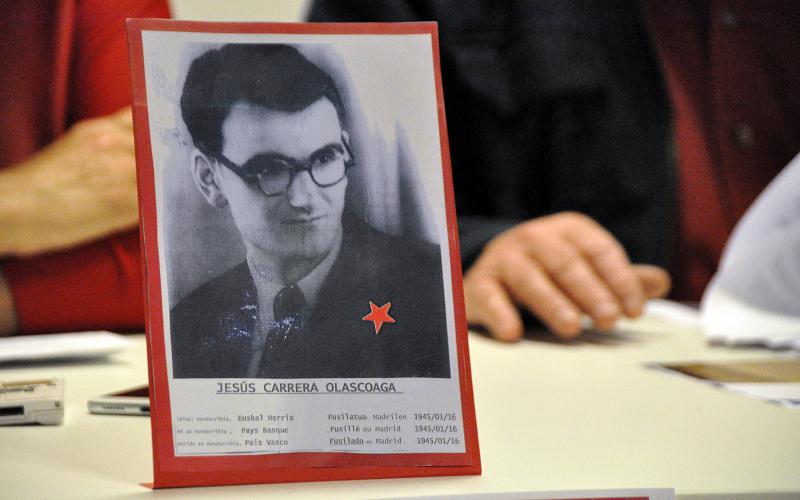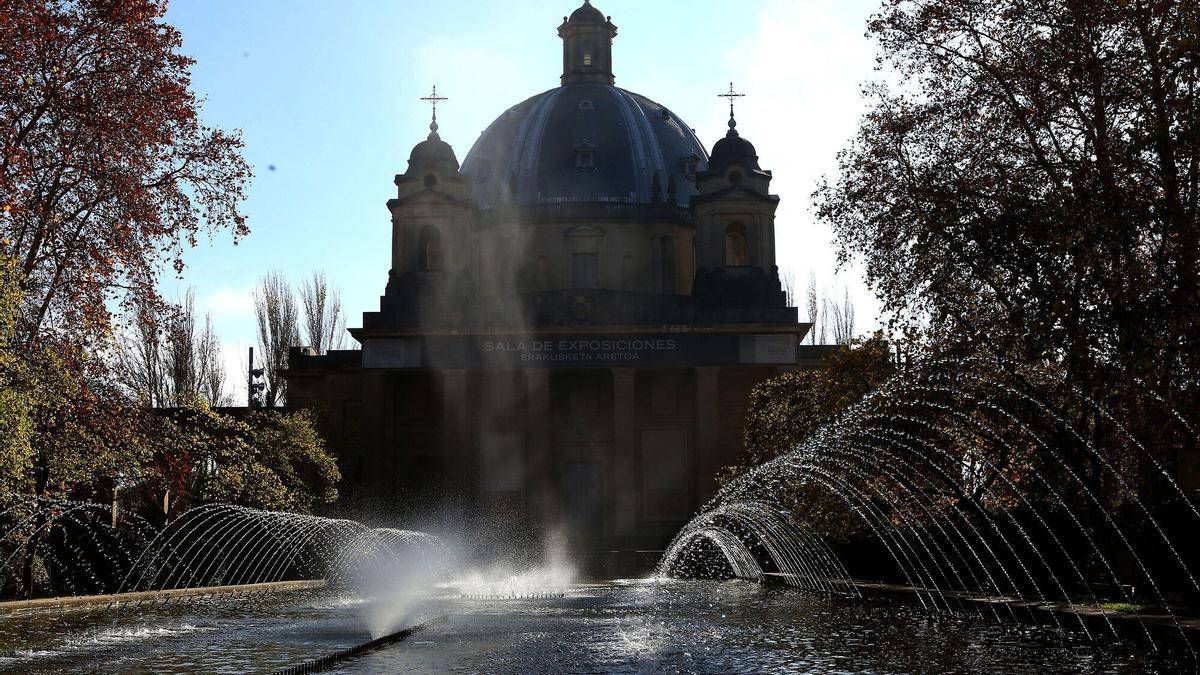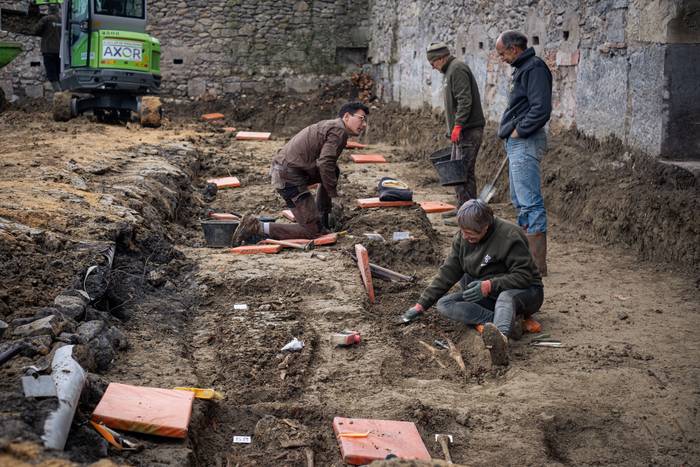More than 600 Basque deportees were taken to Nazi concentration camps
- Tuesday will be 75 years since the liberation of Mauthausen. The Basque Government has published a study on the deportation of at least 253 Basque citizens by the Nazis. This list, however, lacks many Euskaldunes names from Iparralde, and according to the ARGIA report, more than 600 Basque deportees are actually missing.

Last year the Spanish General Bulletin published the list of Republican prisoners killed in Mauthausen, including the 89 prisoners in Hego Euskal Herria. But it was known that the victims of the South who fell into the hands of the Nazis were more than two hundred. Specifically, according to a study by the Gogora Institute of the Basque Government, which has now made public, at least “253 Basques” were deported – 113 of them deceased.
The list published by the institution chaired by Aintzane EZENARRO contains the names of the deportees who "were born or lived in the Basque Country or who received the support of the Basque Government in exile", including those from Navarra, but there are legs below the perspective of the whole of Euskal Herria, as there are no victims of Iparralde to reach the total Basque data.
ARGIA has registered the database of the French Foundation for the Memory of Deportees, and in the emergency account it has found at least 355 other Basques. It can therefore be deduced that more than 600 Basques were taken to the Nazi concentration camps, a figure that far exceeds what Gogora gave them.
In all villages there is a Basque deported
Baiona, Bokale, Ainhoa, Senpere, Maule, Hendaia, Aldude, Gixune, Altzürükü, Donapaleu… In almost all the villages of Lapurdi, Behe Nafarroa and Zuberoa there are Basque deportees. Their names and surnames and place of birth are on the lists of convoys from occupied France to the nine main Nazi concentration camps.
Most of them, almost a hundred, were transferred to Buchenwald, but also to Auschwitz, Dachau and Ravensbrückera – many Basque women were devoted to slavery in arms – almost all were arrested between 1943 and 1945, many of them for their resistance.

The deportees from the North were recognized in their day by the French State. On the contrary, those of Hegoalde have been forgotten for decades after Franco's death. Victim associations have repeatedly called for the official list of victims to be published. Today, most of these deportees are already dead, and unfortunately, public institutions arrive late.
The Basque Government has taken advantage of the ephemeris of the liberation of Mauthausen to make the data public, but the research is the result of the work carried out for years by historian Etxahun Galparsoro, accompanied by Josu Chueca and BEÑAT Iturrioz.
It follows that most of the deportees from the South were transferred to Mauthausen – 115 people – between 1940 and 1942, and that two-thirds failed to survive this Austrian concentration camp. In addition, the list includes ten women – four died – some of whom are known, such as Donostia Simonne Lelouch, gassed for being Jewish in Auschwitz.
ARGIA has dedicated this week’s main report and magazine cover to the issue of Basque deportees, and on Tuesday will advance all the information on the web.
Tafallan, nekazal giroko etxe batean sortu zen 1951. urtean. “Neolitikoan bezala bizi ginen, animaliez eta soroez inguratuta”. Nerabe zelarik, 'Luzuriaga’ lantegian hasi zen lanean. Bertan, hogei urtez aritu zen. Lantegian ekintzaile sindikala izan zen;... [+]
Eraispenaren aldeko elkarteek manifestazioa antolatu dute larunbatean Iruñean. Irrintzi Plazan manifestazioaren deitzailea den Koldo Amatriarekin hitz egin dugu.








